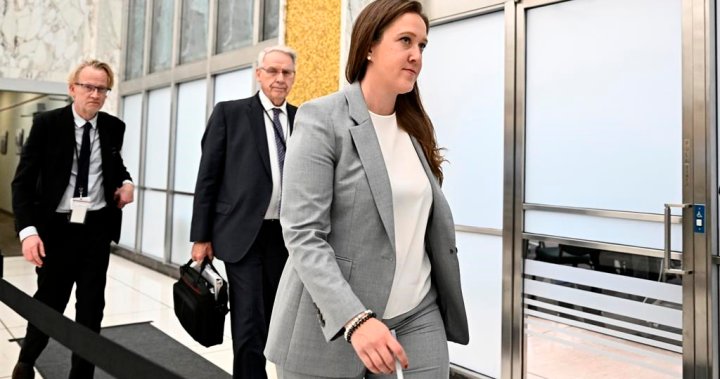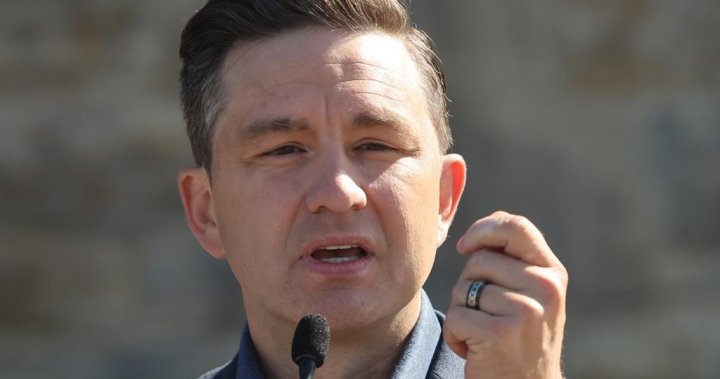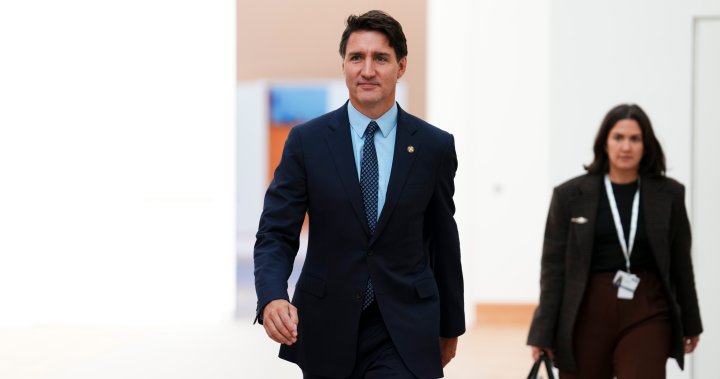Former chief of staff of public security minister denies delaying approval of spy warrant – National

OTTAWA – A former chief of staff to a Liberal public safety minister has denied suggestions she worked to block approval of a spy service mandate in early 2021 because it directly affected operations of the Trudeau government.
Zita Astravas called the allegation “categorically false” during her testimony Wednesday evening in a federal investigation into foreign interference.
The inquiry heard it took 54 days for the Canadian Security Intelligence Service’s warrant request to be approved by then-Public Safety Minister Bill Blair.
The average processing time for these requests is four to ten days.
Michelle Tessier, CSIS’s deputy director of operations during this period, told the inquiry she was frustrated by the delay.
A schedule filed at the inquiry indicates Astravas attended a briefing on the warrant request 13 days after CSIS sent it to Public Safety.
Astravas told the commission in a closed session over the summer that the questions she asked during the briefing were typical of those she would ask regarding such a request.

Get the latest national news
For news impacting Canada and around the world, sign up to receive breaking news alerts sent directly to you as they happen.
A recently leaked summary of that testimony indicates that she recalls a separate conversation about the Vanweenen list that accompanied it – a list of individuals who might be in contact with the target of the warrant and therefore could be affected.
Federal officials cited national security in refusing to publicly discuss who CSIS hoped to surveil through the warrant.
Gib van Ert, lawyer for Conservative MP Michael Chong, suggested to Astravas on Wednesday that after seeing “the extent to which this mandate would involve CSIS in the affairs of your party and your government, you did not want this to continue, and if we had to move forward, we had to slow it down.
Astravas responded that she could not mention the details of the mandate, “but I can tell you that your assumptions are categorically wrong.”
Blair, now defense minister, is expected to testify before the commission of inquiry on Friday.
He has already stated during the in camera investigation that he became aware of the warrant application on the date he remembers signing it.
“He was not aware that his office had received it before that date,” a summary of Blair’s testimony states. “He didn’t know what date his office received it and no one showed him the earlier dates on the documents.”
The summary states that on the date he signed the warrant, he learned that there had been discussions and questions raised by his office with the Director of CSIS and the Deputy Minister of Public Safety. “However, he did not know how long he had been in his office.”
Astravas testified Wednesday that CSIS Director David Vigneault would flag priority issues and that “we would work with the director and his team” to put an item on the minister’s agenda.
During this period, there were several contacts involving the director of CSIS, the minister and the deputy minister, she said.
“At no time was (the arrest warrant) issued urgently. »
The latest hearings of the commission of inquiry focus on the ability of federal agencies to identify and counter foreign interference. A final report is expected by the end of the year.
© 2024 The Canadian Press



















